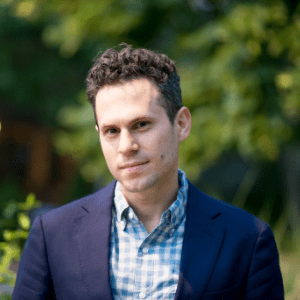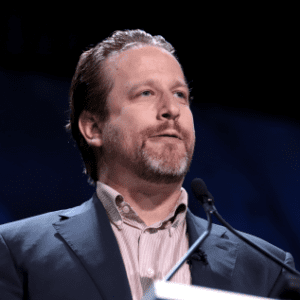Sign up for weekly new releases, and exclusive access to live debates, VIP events, and Open to Debate’s 2024 election series.
- Debates
Features
Topics
Upcoming debates
-
-
-
Dry January has become increasingly popular, practiced by a quarter of Americans last year, and provides individuals a collegial and open path for reconsidering their alcohol consumption. For almost two million people worldwide who have committed to staying sober for a lifetime, the group known as Alcoholics Anonymous (AA) and its 12-step plan has been a prominent lifeline. But is it the best approach for curbing alcoholism, and does it address its root causes? Those who say AA is invaluable emphasize the merits of its peer-driven, community-based approach. They also point out that membership is free, only requiring a desire to stop drinking. Opportunities for fellowship can be found nearly anywhere, even in communities with limited access to healthcare or treatment facilities. Those who say there might be a better way to sobriety argue that AA’s long-term success rates vary widely. They also note equity issues and note concerns with the program’s focus on abstinence rather than moderation. They say other therapies and interventions, such as harm reduction therapy and cognitive behavioral therapy, would help those who may not succeed in the program. Now with this background and in Dry January 2025, we debate the question: Does AA Work?Friday, January 3, 2025
-
- Insights
- About
-

SUPPORT OPEN-MINDED DEBATE
Help us bring debate to communities and classrooms across the nation.
Donate
- Header Bottom




















JOIN THE CONVERSATION